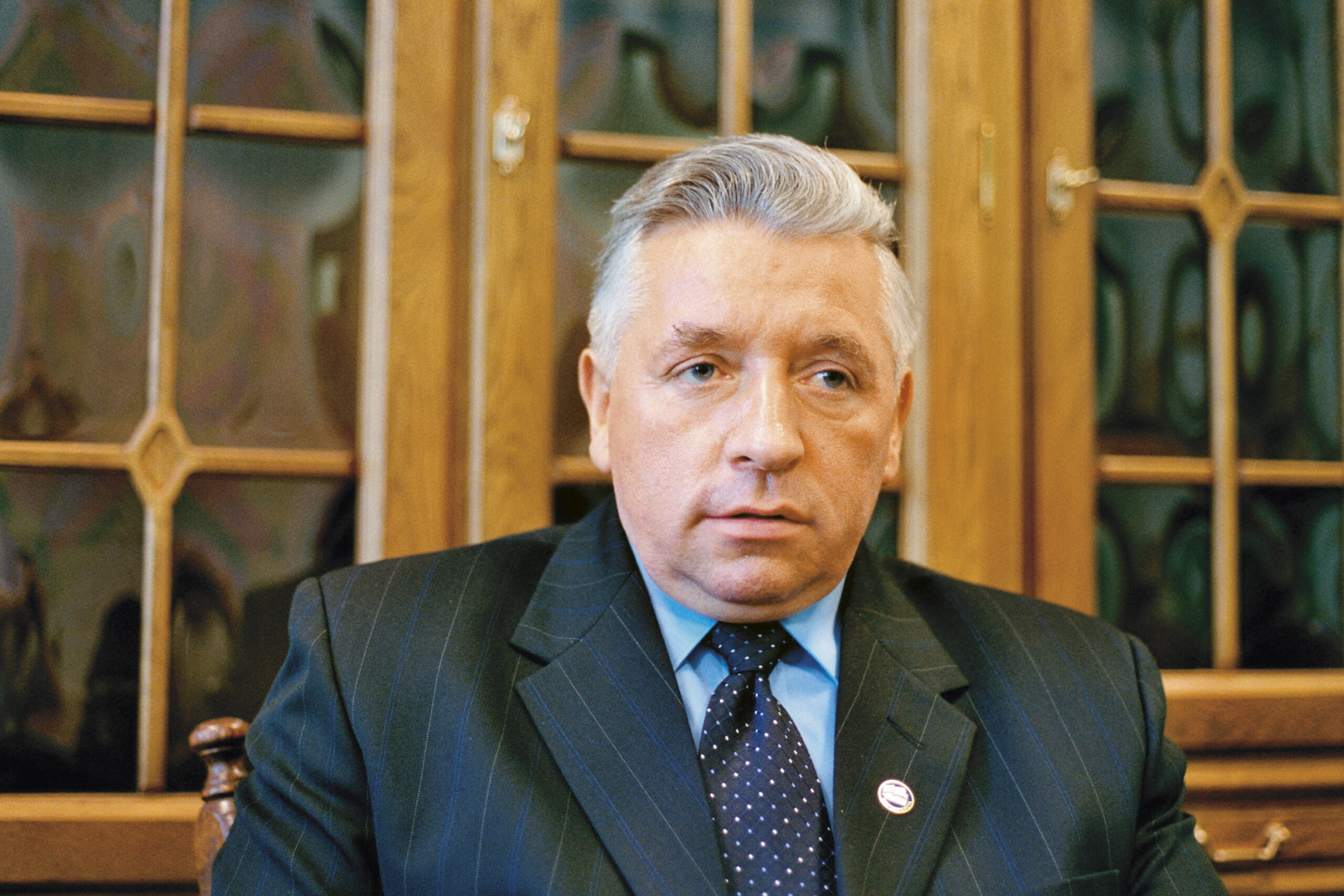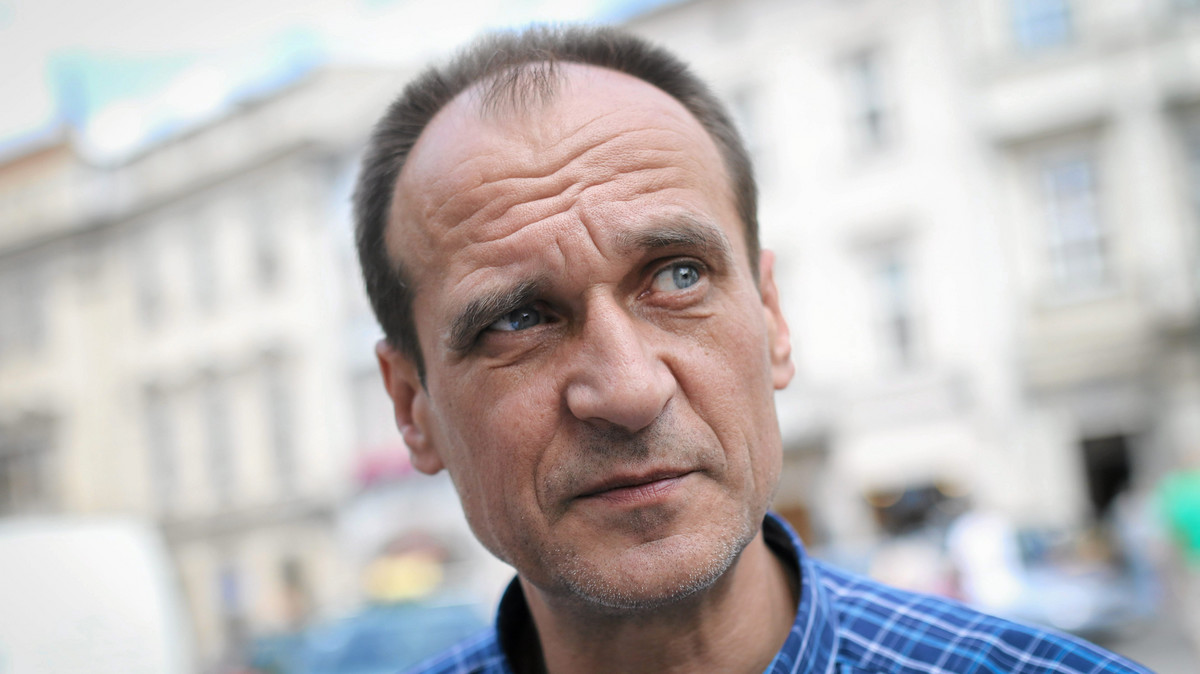Despite EU warnings and condemnation, PiS pushed forward with controversial reforms, including changes to the appointment of judges and media regulations. These moves sparked domestic and international criticism, with accusations of undermining democratic principles and eroding institutional checks and balances. PiS’s assertive approach to governance polarised Polish society and intensified divisions within the country’s political landscape.
In January 2016, two months after Law and Justice came to power, President Andrzej Duda signed a law granting the government the power to appoint heads of public radio and TV, previously overseen by a special media committee. A presidential spokesperson justified the law, stating a desire for state media to be “impartial, objective, and reliable,” arguing the current structure didn’t allow for it. Under this media law, contracts for senior executives at Telewizja Polska and Polskie Radio would end, and the Ministry of Finance would appoint their successors. A total of 141 journalists were dismissed, forced to resign, or moved to lower positions between the 2015 election and May 2016.
In the months leading up to the 2015 parliamentary elections, a third of the seats on the Constitutional Tribunal became vacant due to retirements. The ruling coalition at the time, led by the Civic Platform party, passed a law allowing the outgoing parliament to appoint all five judges. However, the Constitutional Tribunal later ruled that this law was unconstitutional because the outgoing parliament lacked the authority to appoint all five judges, only three. Despite this ruling, the newly elected Law and Justice government disregarded the decision and issued a resolution declaring the election of all five judges invalid. The parliament then appointed replacements for these judges the day before the Constitutional Tribunal announced its decision. On the night before the decision, President Andrzej Duda hastily swore in four judges appointed by Law and Justice. Additionally, in December 2016, President Duda appointed a Law and Justice-supported judge, Julia Przylebska, as the president of the Constitutional Tribunal. Jarosław Kaczyński, the leader of Law and Justice, widely considered Poland’s most powerful figure despite formally being just a member of parliament, had previously referred to the Constitutional Tribunal as “a bastion of everything that is wrong in Poland”.
EU institutions, led by the European Commission under Vice President Frans Timmermans, expressed concerns about Poland’s rule of law. In January 2016, the Commission launched an investigation under Article 7 of the Lisbon Treaty, marking the first such scrutiny of a member state’s legal system. In July 2016, the Commission issued a recommendation urging Poland to respect the Constitutional Tribunal’s decisions from December 2015 and reinstate lawfully appointed judges. By December 2016, the Commission gave Poland two months to repeal new regulations concerning the Constitutional Tribunal. Poland’s Foreign Minister Witold Waszczykowski responded that the government advocates for a “normal democracy” where election winners have the right to govern.
Over its eight years in power, PiS eroded democratic structures in Poland. Additionally, the party has articulated a clear nationalism and adopted staunchly conservative positions on various social issues such as LGBTQ rights and abortion rights. In economic policy, the party has positioned itself slightly left of center, consistently investing in welfare, social transfers, and the like. It maintains a soft criticism of the EU, continually questioning the legitimacy of decisions made in Brussels without advocating for or actively pursuing Poland’s withdrawal from the union. Unlike many other populist parties in Europe, PiS has consistently been critical of Russia under Putin’s leadership.









